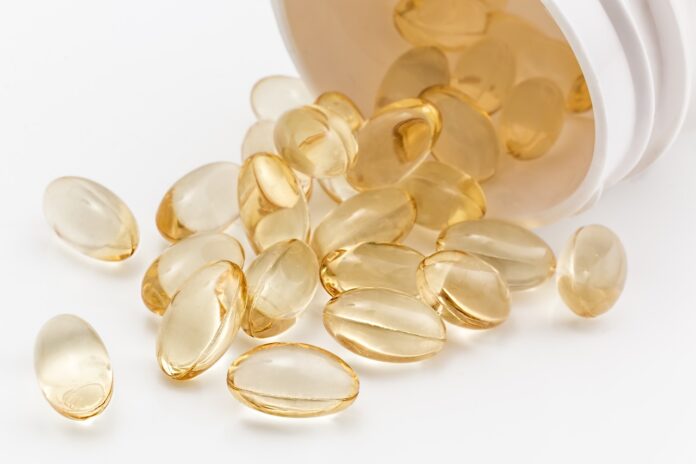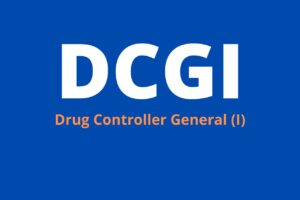Last Updated on November 19, 2024 by The Health Master
Nutraceuticals
In a significant stride towards self-reliance, the Indian pharmaceutical industry is exploring the production of nutraceuticals, leveraging its expertise in cutting-edge technologies.
These capabilities encompass a range of innovations, from modified drug delivery systems to sterile parenteral nutrition for intravenous administration, blended granules, and powders.
This move aligns perfectly with the vision of Atmanirbhar Bharat of a self-reliant India.
Enhancing Palatability and Stability
DBA Narayana, a prominent figure in the industry, emphasizes that the Indian pharma sector excels in enhancing the palatability of nutraceutical products, surpassing the offerings currently imported.
Additionally, the industry possesses the know-how to develop stable formulations tailored for the Indian and Asian populations.
Critical to this endeavor is the measurement science proficiency, necessary to ensure the precise presence of desired nutrients while eliminating unwanted elements.
Furthermore, there’s potential for the domestic production of specific nutrients on a commercial scale.
Shedding Light on Lactose Intolerance and IEM
For decades, lactose intolerance, a condition stemming from a genetic disorder hindering lactose metabolism, has lingered in the background.
Yet, with the advancement of science and technology, it’s emerged as a significant factor contributing to the mortality of newborns and young children.
Meeting the Demand for IEM Products
The market for products tailored for infants with Inborn Errors of Metabolism (IEM) is on the rise, not only in India but across Asia.
Addressing this surge in demand requires a strategic approach.
There’s an urgent need for innovations in producing specialized dietary products designed for individual IEM disorders in infants.
Simultaneously, efforts should focus on establishing indigenous production and affordable accessibility of these products, along with the development of screening test kits, catering specifically to the Indian and Asian populace.
Given the prowess of the Indian pharma industry, navigating the regulatory landscape for these products appears feasible.
Understanding Inborn Errors of Metabolism
IEMs, often arising from defects in specific protein enzymes responsible for food metabolism, encompass a range of disorders.
Examples include:
- Organic acidurias,
- Fatty acid oxidation defects,
- Urea cycle disorders,
- Mitochondrial diseases,
- Galactosemia,
- Maple syrup urine disease,
- Fructose intolerance, and
- Phenylketonuria.
Empowering Healthcare Professionals
Previously, pediatricians, pediatric nutritionists, and gynecologists grappled with the lack of knowledge regarding these conditions in newborns.
However, over the past one to two decades, scientific progress has revolutionized early detection through newborn screening tests.
This breakthrough enables early intervention, providing infants with IEM the opportunity to lead healthy lives by carefully managing their diets.
Tailoring Nutraceuticals for Different Age Groups
There’s a pressing demand for specialized nutraceutical products targeting various age groups, particularly infants and children after the breastfeeding phase.
These products, typically in powder form, are meticulously blended with proteins, fats, and carbohydrates, designed to cater to specific IEMs.
For instance, a product for maple syrup urine disease must be devoid of isoleucine, leucine, and valine, while a formulation for glutaric acidemia Type 1 should exclude lysine and tryptophan.
The innovation potential for the Indian pharma industry in this arena is substantial.
A Vision for the Future: Self-Reliance in Nutraceuticals
As India charts its course towards self-reliance, the foray into nutraceutical production is a pivotal step.
With its technological prowess and scientific acumen, the Indian pharma industry stands poised to revolutionize the landscape, providing tailored solutions for infants and children with IEMs.
This move not only bolsters the domestic market but also positions India as a potential hub for nutraceutical innovation and production on a global scale.
Disclaimer: This article contains information derived from the source mentioned below. Our team utilized an AI language model to rewrite and present the news or article in a unique format.
Nutraceutical Industry: Opportunities and Measures for India
Nutraceutical industry trends will rule the year
IPA calls Nutraceutical, Pharma industries to join hands to provide holistic care
Regulatory framework for Nutraceutical industry
Nutraceuticals Regulations 2022 to encourage Pharma Industry
Nutraceuticals: India can become a Global Leader
Nutraceuticals: A strong Regulation is needed
Bring Nutraceuticals for prevention of diseases under DCGI’s regulation: Experts to Govt
Nutraceuticals for mental well-being
Nutraceuticals: From Alternative to Mainstream
Nutraceuticals in India: A game changing opportunity
Indian Nutraceutical industry now a days
Nutraceutical Industry: A trending Market
PLI scheme: Boost for the growth of the Nutraceutical sector
DCC recommends Transparent Packaging for Eye Drops
USFDA approval granted for Generic Pirfenidone Capsules
Natco Pharma faces Antitrust Lawsuit over generic Cancer Drug
Vitamin B17: Unmasking the Controversial Cancer cure Myth
USFDA issued EIR to Aurobindo Pharma: Telangana
Drug alert: 7 drugs identified as NSQ in Rajasthan
Telangana IPGA Hosts Workshop on Good Teaching Practices
USFDA Approval granted for Isotretinoin Capsules for Acne Treatment
Delhi High Court prioritizes hearing on ban on Cough Syrup
Drug alert: WHO issues urgent Alert over fake liver drug in India and Turkey










